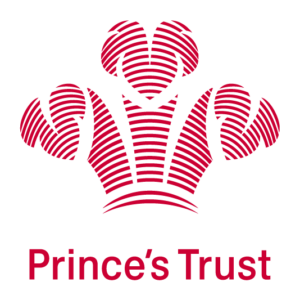Would you lend money to a friend you had known for years? You might, if you knew them to be reliable and someone that generally kept their promises. You would probably want to know what it was for and how they would repay, if only to avoid later embarrassment.
Now imagine being asked by a complete stranger. You would almost certainly turn them down, however sensible their plan might appear. You simply don’t know them well enough. This is what economists call an ‘information asymmetry’ – the would-be borrower can assess the chances of their success far more easily than the lender , who has no track record to go on. That is why banks generally will not lend to a business until it has been trading for at least three years and often longer.
For the same reason, equity investment (including crowdfunding) and working capital finance are unlikely to be available to a brand-new business. There needs to be some track record of trading or successful innovation on which the finance provider can rely. As soon as invoices start to be issued, invoice finance becomes possible although even here providers are likely to want to see some evidence of successful trading.
The majority of businesses are self-funded, which is to say the founder uses savings from a previous job, or they are earning a salary and growing their own business to the stage where it might support them. This is the most secure and reliable source of finance, it is your own equity that you are putting in to the business.
There are five other options to consider, all of which can be successful in the right circumstances:
- A Start Up Loan from the British Business Bank, which is designed to overcome the lending barrier for new businesses. This is a well-established programme, with over 100,000 loans made since 2012 of which 40% have gone to women. Start Up Loans applicants are supported by an adviser during the application process and for a year afterwards.
- An incubator programme that includes an element of finance. The Female Innovators Lab Fund is an example, supporting early-stage FinTech businesses. Typically, incubators with finance are reserved for business ideas with exceptional growth potential in software and technology. The Prince’s Trust Enterprise Programme is an exception and is open to business owners between 18 and 30 years old. Most business sectors are considered and there is even more intensive support including workshops and 1-to-1 coaching.
- Personal borrowing, for example through a personal loan or credit card. This is based on your personal track record rather than your business idea – as far as the lender is concerned you could use the money for any purpose. The interest rate can be less than a business loan, if you choose the right route. Ask yourself: if things go wrong, how will you be able to repay the debt? You need to be confident of doing this from your salary (or some other means) if things do not work out.
- A loan or investment from friends and family. While this source is likely to be more flexible than a commercial lender, it is essential to be clear from the outset – is this a loan, or is the person expecting a stake in the business? Will there be interest and if so, at what rate? How often will family member be kept informed? If a loan cannot be repaid, what then – can the family member afford to write off the debt? All of these questions must be thought about in advance and the answers written down, so that there is no ambiguity later on.
- If available, grant funding has several advantages, the main one being that it does not have to be repaid and does not dilute your ownership of the business. Many organisations, including Local Authorities, award grants for start-ups in a specific area or serving a specific need. The disadvantages of grants include the time taken to apply and that they may not align with your business objectives. Our article on grant funding has more detail.
Because finance for start-up businesses is scarce, it is all the more important to work out carefully how much the business will really need. The aim is to minimise the capital requirement while taking account of all finance needs, particularly working capital. There is no hard-and fast rule about this. A retail business may run on negative working capital (your customers pay you before your suppliers get paid, the ideal situation) while for most B2B businesses, financing your invoices until your customers have paid is often the biggest investment of all. This is where a comprehensive business plan is essential. Thankfully there are many sources of help for business planning, which you can find in the article linked below.


